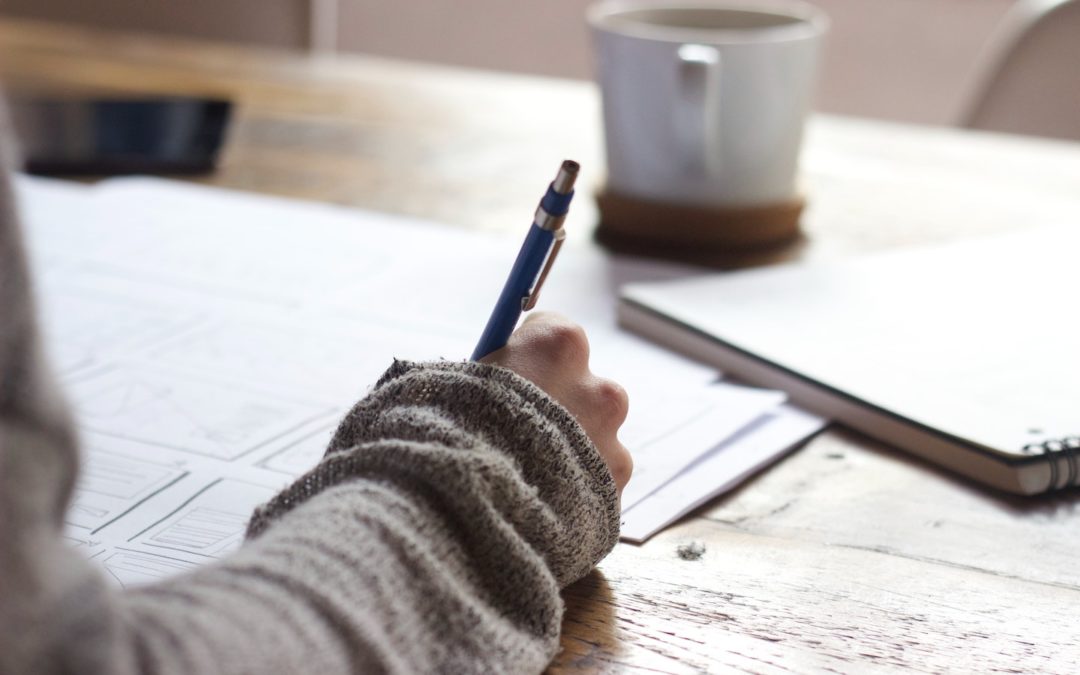Effective note-taking is an important skill necessary for every student to master. Notes allow you to visualize, synthesize and review topics in a quick and efficient manner. But more importantly, studies have shown that actively engaging with a topic by listening and summarizing what you hear helps you understand and remember more of the information later. Taking notes actually forces you to pay attention and helps you focus in class or while reading a textbook.
Productive note-taking is not writing down every word verbatim. It’s understanding core concepts and putting them in your own words. And if you find your class notes non-existent, you may have trouble later reviewing key topics in the course or preparing for an upcoming test.
For some students, it could be helpful to have a particular system of note taking. There are many such as the Cornell Method or the Boxing Method.
However, the most important thing to keep in mind is that good note taking requires preparation – whether reading the required texts or problems, reviewing your notes from prior lectures, and any material provided by the professor. This will help you make connections from earlier class discussions and identify gaps in your understanding.
In class, you will have to determine what is important to write down.
Listen for remarks that include summaries of main points or signal words such as, “There are three main…” or “To sum up…” or “A major reason why…”
Remember, it doesn’t matter how you take notes – whether typing on your laptop or writing on paper. As long as you can capture and identify the important ideas in class, summarize the core concepts as well as connect these concepts to other ideas within the lecture and following lectures, you will do well.
But note taking doesn’t end with class. Clarify any topics you don’t understand, review material and add to your existing notes if necessary. Reach out to the professor or their assistant if you’re not understanding a particular point. Reread your notes after class and consult with classmates to compare notes to see what they thought was interesting, important or unclear. Then, if necessary, make study guides from your notes, to prepare for upcoming tests.
